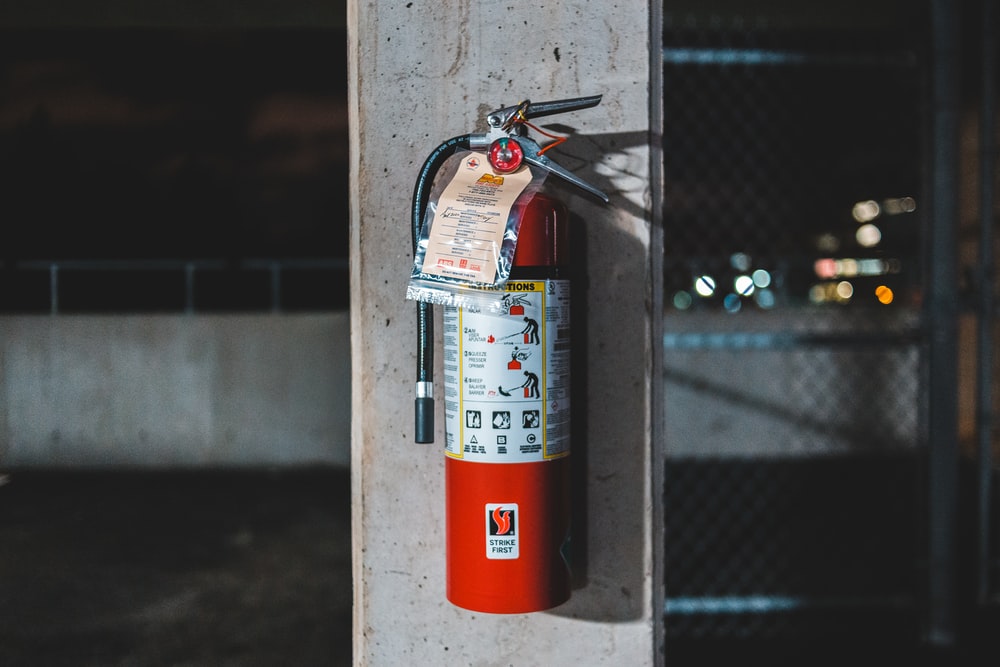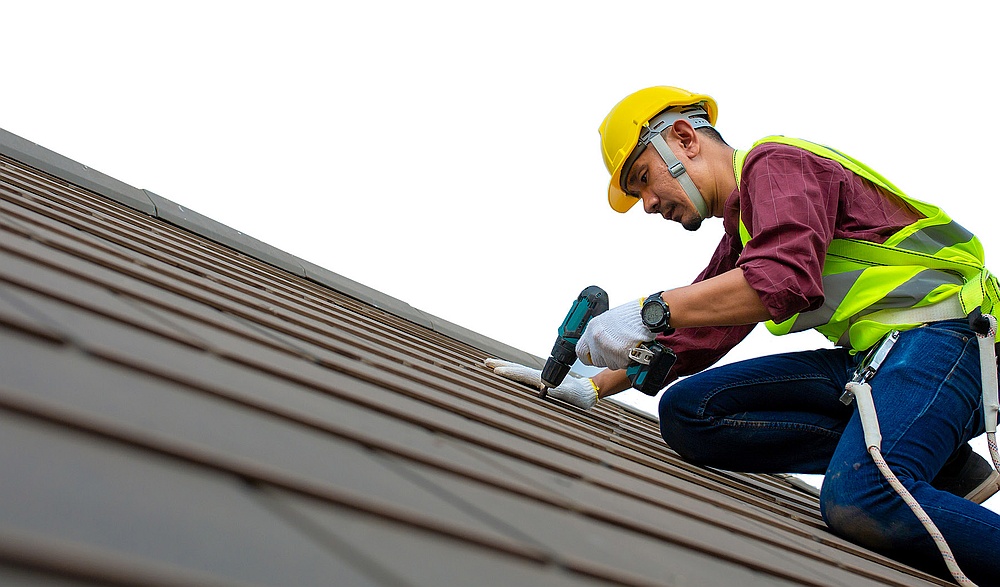Knowing what to do in case of a household emergency can keep a small inconvenience from turning into a real problem.

Power Outage
First, determine whether the outage affects only your house, or whether your neighbors are without power too. If it’s a neighborhood power outage, notify the electric company and turn off any major electrical appliances.
If the power is only out at your house, check your main electrical circuit panel for a blown fuse or a tripped circuit breaker. But before replacing a fuse or resetting a circuit breaker, you must first determine what caused the overload and correct the situation. If you don’t, there’s a chance the system will overload again and may cause an electrical fire.
If it’s just one or two outlets that won’t work, check to see if any of them have built-in circuit breakers that need to be reset. Commonly called GFCI outlets, these units are typically found in the kitchen and bathrooms and feature a red reset button in the center of the faceplate.
If you can’t find a reason for the power outage, or if you experience outages often, have an electrician inspect your electrical system.
Electrical Fire
If an electric appliance or outlet sparks or smokes, turn off the appliance and cut power to the outlet (do this at your home’s main electrical circuit panel). Fast action is imperative. If you cannot quickly locate the right fuse or circuit breaker, switch off the main circuit breaker, cutting all power to the house.
If an electrical device bursts into flames, do not try to put it out with water. Only fire extinguishers rated B-C should be used to fight an electrical fire (your local hardware store
should stock these). Leave and call 911 immediately.
Gas Leak
Leaking gas smells like rotten eggs. If you smell it while outside, move away from the area and call 911. If you’re indoors, and the smell is very faint, it probably means the pilot light on a gas-burning appliance has gone out and simply needs to be re-lit. However, if the odor is strong and persists, get everyone out of the house immediately. Go to a neighbor’s house and call 911 from there.
If you’re told to turn the gas off at the meter, use a long-handled wrench for better leverage and give the valve one-quarter turn in either direction so that the lever is crosswise to the pipe. Once the gas is turned off, leave it off. Your gas company will want to inspect your system before turning it back on.
Hiring a plumber to install an earthquake valve and/or an excess-flow valve will help protect your home against these kind of natural gas leaks.
Installing carbon monoxide detectors (also available at hardware stores) near your heating vents is a good way to detect gases coming through broken heat exchangers in the furnace.
Plumbing Leaks and Clogs
If a pipe is leaking, or if a toilet or sink is overflowing, stop the flow of water to it as quickly as possible. A burst pipe can spill 30 or more gallons of water in as little as two minutes.
Shutoff valves should be found near every sink and toilet, the dishwasher, water heater and washing machine.
If you can’t find the appropriate shutoff valve, turn off all water to the house (the main water valve is most often located in front of the house, near the street, underneath the access hatch for your home’s water meter).
If the leaking water comes into contact with electrical wires or outlets, do not attempt to go near that water before turning off the power to those devices at the circuit panel.
Once the flow of water has stopped, the water that leaked will need to be cleaned up and the area dried out right away. Professionals with the proper equipment may be required to save soaked flooring and paneling, as well as to prevent the growth of mold and mildew.
When the surrounding situation is in hand, a plumber can set about fixing the leak or removing the clog.
Preparation Is Key
There’s no telling when household emergencies like these will occur. You have to be prepared at all times.
Make time to locate all the water shutoffs in your house and ensure they’re in good working order. Keep the right size wrench, (and/or any special tools) at the ready for shutting off the main water line in an emergency. And clearly label all of the circuit breakers/fuses in your main electrical panel.
Review all of this information with family members and practice the shutoff techniques together.






